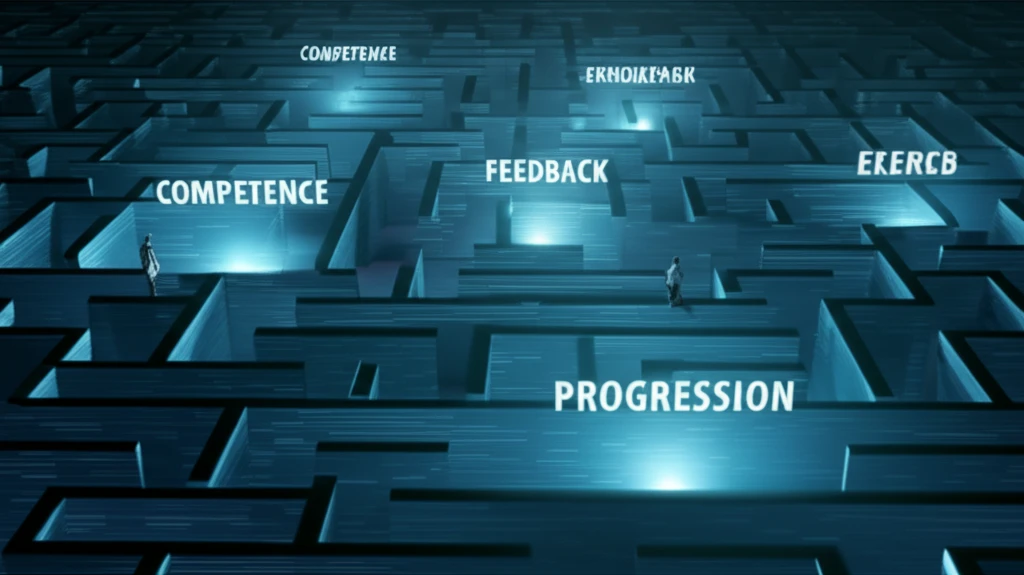
Decoding the Annual Review of Competence Progression (ARCP): A Psychiatrist's Guide
"A deep dive into the two-year survey revealing trainee perceptions and practical improvements in psychiatric training assessment."
In an era where competency-based assessments are becoming the gold standard in medical training worldwide, the UK has been undergoing significant changes in its postgraduate medical education system. Historically, specialist registrars in the UK were evaluated annually through the Record of In-Training Assessment. This involved a face-to-face meeting with assessors, supplemented by reports from trainers and summaries of achievements compiled by the trainees themselves.
However, in June 2007, a transformative shift occurred with the publication of 'A Reference Guide for Postgraduate Specialty Training in the UK,' also known as the 'Gold Guide.' This guide, regularly updated since its inception, introduced the Annual Review of Competence Progression (ARCP) in Section 7. The ARCP provides a structured framework for evaluating the progress of every doctor in training, now referred to as 'specialty trainees' (ST1-6).
Under the ARCP framework, specialty trainee doctors are expected to proactively gather formative and summative assessments throughout the training year. These assessments are then compiled into a portfolio, which is submitted annually to the ARCP panel for review. Additional documentation may be included as evidence of competency for the panel's consideration.
Key Findings: How Trainee Perceptions Have Evolved

A pivotal study was conducted to gauge the perceptions of trainee psychiatrists regarding the ARCP process. This study involved two cross-sectional electronic surveys administered a year apart in the north of England. The first survey in 2008 included 58 out of 92 psychiatry trainees (63%), while the second in 2009 had 60 respondents out of 96 trainees (63%).
- Availability of Acceptable Evidence: In 2008, 75% of respondents reported issues with the non-availability of a list of acceptable evidence for the portfolio. By 2009, this figure significantly decreased to 22% (P<0.001).
- Access to Electronic Portal: Trainees facing difficulties in accessing the electronic portal reduced substantially from 73% to 28% (P<0.001).
- Feedback and Assessor Training: Trainees continued to emphasize the need for explicit feedback at ARCP and highlighted the importance of improved training for assessors.
Looking Ahead: Refining the ARCP Process
This study provides valuable insights into the perceptions and experiences of trainee psychiatrists undergoing the Annual Review of Competence Progression. The improvements observed between 2008 and 2009 suggest that the ARCP process is becoming more streamlined and effective. However, ongoing efforts are needed to address remaining challenges, such as providing clear guidance on portfolio requirements, ensuring easy access to electronic resources, and enhancing feedback mechanisms. By continuously listening to trainee feedback and refining the ARCP process, the UK can further strengthen its competency-based assessment system and support the development of highly skilled and competent psychiatrists.
